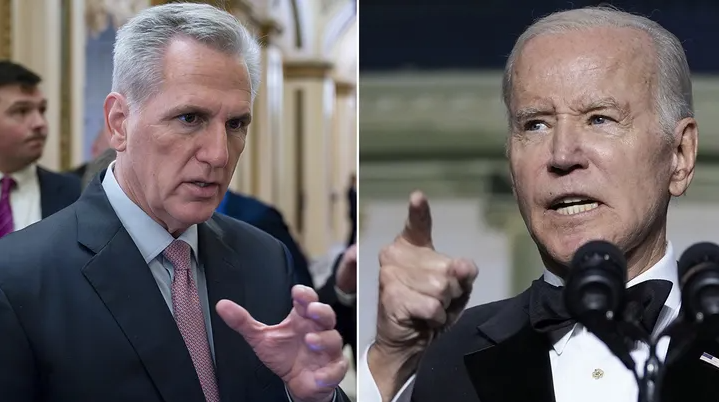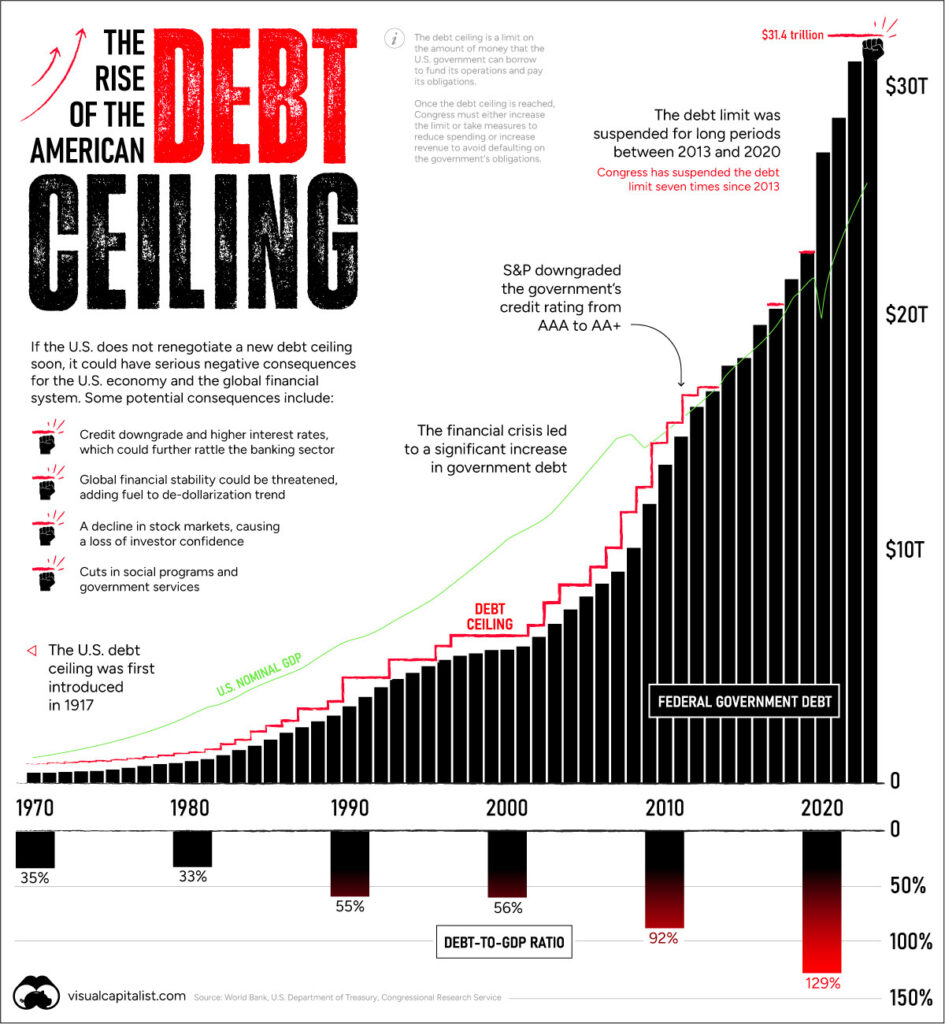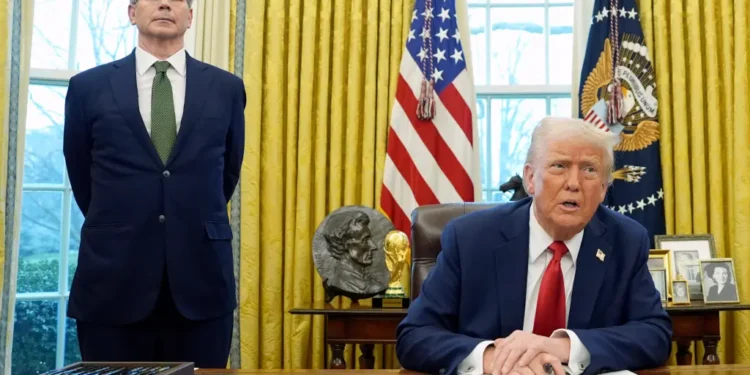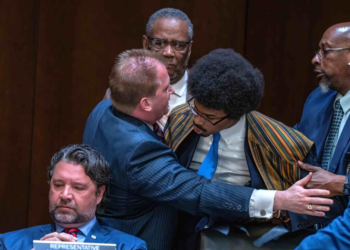The United States is on the verge of a serious debt ceiling crisis, according to a new analysis released by the Bipartisan Policy Center. The report warns that unless Congress raises the federal borrowing limit, the government could run out of funds as early as mid-July, triggering a full-blown debt ceiling crisis with national consequences.
The U.S. debt ceiling — currently capped at $36 trillion — represents the legal limit the government can borrow to finance its operations. If that limit is reached and not raised, the Treasury will no longer be able to pay its obligations, which include Social Security, military salaries, Medicare reimbursements, and interest on the national debt.
For more updates, visit our web: veritasreport.com
Experts Warn of X-Date Crisis
Researchers have identified a potential “X-date” — the day when the U.S. can no longer meet its financial obligations — falling somewhere between July and early October. However, they emphasize that mid-July is a highly realistic projection for the unfolding debt ceiling crisis, driven by underperforming tax revenues and unexpected federal spending.
“The window is closing fast. Without congressional action, we are facing a perfect storm of economic uncertainty,” said Maya MacGuineas, president of the Committee for a Responsible Federal Budget.
The urgency is growing as political negotiations in Washington remain stalled.
Congress Gridlocked Over Fiscal Demands

The debt ceiling crisis has reignited fierce political debate on Capitol Hill. Republicans are pushing for significant spending cuts and tighter fiscal controls, while Democrats insist on a clean increase of the limit to avoid economic catastrophe.
House Speaker Mike Johnson stated Monday:
“This administration’s reckless spending cannot continue unchecked. We demand serious fiscal reforms before any deal is made.”
In response, White House Press Secretary Karine Jean-Pierre declared:
“Playing political games with the full faith and credit of the United States is dangerous. The President urges Congress to act now.”
What Happens If the U.S. Defaults?
If Congress fails to act and the government defaults, the results could be devastating:
The ongoing debt ceiling crisis has already rattled financial institutions and global investors, raising alarms about potential disruptions across multiple sectors.
- Interest rates would likely spike, hitting mortgages and credit cards
- Stock markets could collapse
- The U.S. credit rating would be downgraded
- Federal payments like Social Security and veteran benefits could be delayed
- Confidence in the dollar could weaken globally

Even the threat of a default in 2011 caused the S&P to downgrade U.S. credit for the first time in history and sent the Dow plunging by over 2,000 points in days.
Global Repercussions Loom
This debt ceiling crisis is not just an American problem. As the U.S. dollar is the world’s reserve currency, any instability in American fiscal leadership has ripple effects worldwide.
“When the U.S. wobbles, the world trembles,” said economist Dr. Laura Thompson. “Investors and foreign governments closely watch how America handles its finances.”
Major international stakeholders like China, Japan, and the EU — which hold significant amounts of U.S. debt — are monitoring developments carefully. A U.S. default could trigger a cascading global reaction.
Wall Street Braces for Turbulence
Markets have already begun to react. Bond yields are climbing, and investor sentiment is shaky. Several major banks have issued internal warnings about potential liquidity freezes and delayed federal payments.
Treasury Secretary Janet Yellen is reportedly in urgent talks with banking leaders and the Federal Reserve to prepare contingency plans if lawmakers fail to deliver a deal.
Final Thoughts
The clock is ticking. With each passing week, the U.S. edges closer to a cliff that could reshape the economy — and global markets — for years to come.
Will Congress act in time to prevent disaster? Or will partisan politics push America into a debt ceiling crisis with historic consequences?
📢 Bookmark VeritasReport.com for real-time updates on this developing story and more expert coverage on politics, economy, and U.S. finance.
Source: Bipartisan Policy Center, NY Post, Reuters
NY Post – Full Article





![[EXPOSED] Deep State Judge Strikes Again? Obama-Appointed Boasberg Takes Over Signal Chat Lawsuit](https://veritasreport.com/wp-content/uploads/2025/03/judge-boasberg-350x250.jpg)

![[EXPOSED] Deep State Judge Strikes Again? Obama-Appointed Boasberg Takes Over Signal Chat Lawsuit](https://veritasreport.com/wp-content/uploads/2025/03/judge-boasberg-120x86.jpg)
